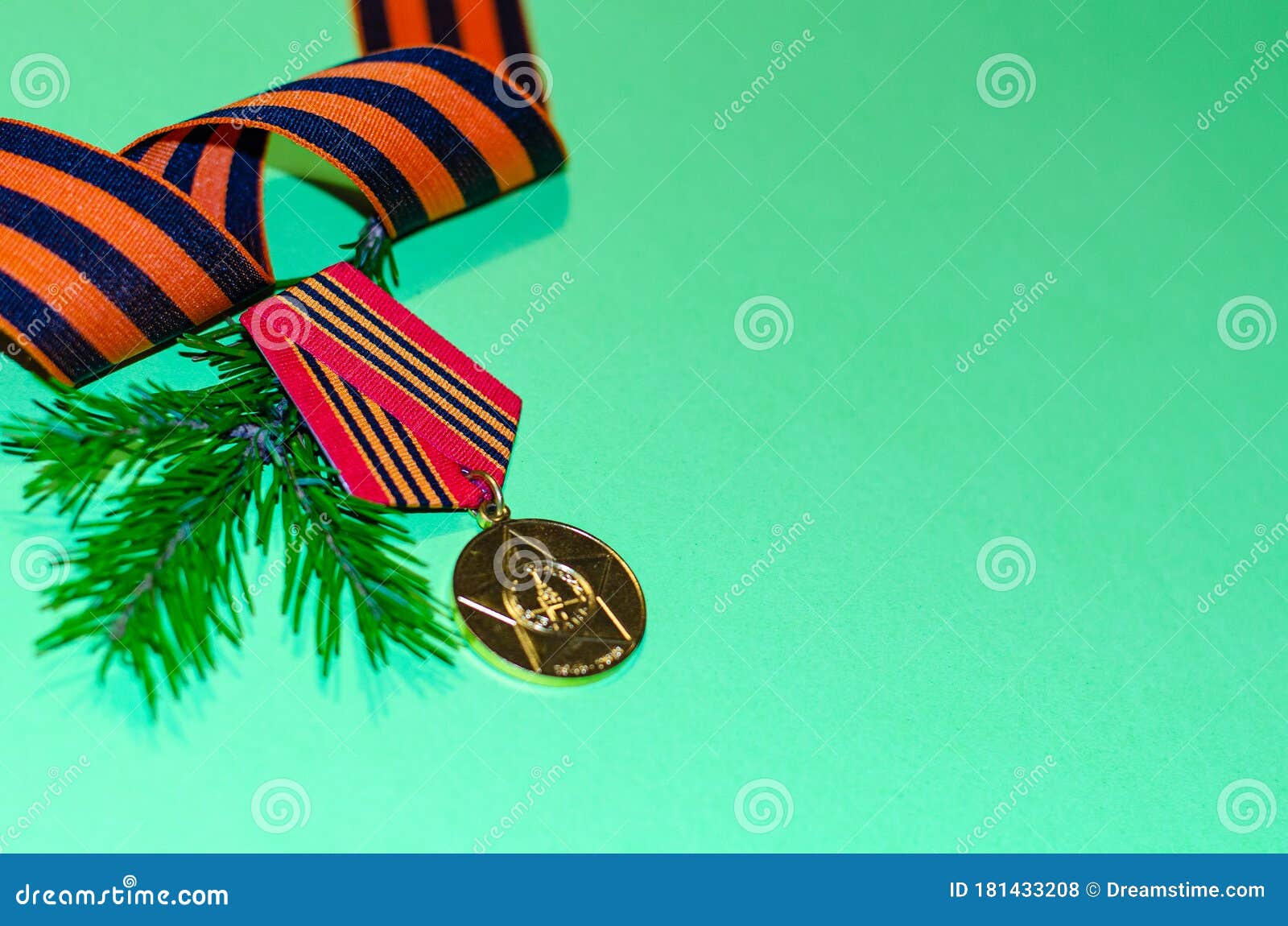

“Preventive war” in the face of “preparations for another punitive operation in the Donbas, for the invasion of our historical lands, including Crimea” is one of the most absurd lies repeated since the beginning of the war. The old Soviet traditions are alive and well in today’s Russia and, unsurprisingly, the Victory Day speech was a propaganda exercise to justify the invasion of Ukraine. Lies and propaganda were the common currency of the communist leadership and media, although ironically the official mouthpiece of the Kremlin was “Pravda” (The Truth).

The saying reflects the reality experienced by the subjects of the Red Tsars, not only in the former Soviet Union but in all the “allied” countries of the Warsaw Pact, because every time the Kremlin denied something, the bad news was a reality. George ribbons.In Eastern Europe there is a popular saying born out of the long Soviet occupation: “I won’t believe it until the Kremlin disproves it”. According to Artem Shevchenko, a speaker for the interior ministry, some 27,000 police were deployed to ensure law and order across Ukraine, of whom 4,000 - in the capital City of Kyiv alone.Ĭontrary to general expectations, the day went very calm in Dnipro, except for a few minor incidents where police detained a man with an unregistered traumatic pistol with cartridges to it and several administrative violations were reported over banned Soviet-era symbols and St. Ukrainian police were put on alert to make sure everything goes smooth on Victory Day. We will ensure order," said Serhiy Knyazev, head of the National Police. "We forecast some tensions not only in Kyiv, but also in Zaporizhia and Dnipropetrovsk regions, but we have sufficient forces and resources, and I think that our citizens need not worry. In fact, on the eve of May 9, law enforcers were expecting provocations during such rallies. Immortal Regiment rally held in Kyiv / Photo from UNIAN And even more so, this has nothing to do with victory over Nazism. In principle, there would be nothing wrong with people taking to the streets to honor the memory of their ancestors who fought in WWII, if not for the aggressive attitude of participants in such marches towards their own country and their fellow citizens, as well as some completely inappropriate appeals like "Putin, come!"Īll this has little in common with the memory of those who died in the terrible grinder of war or understanding of what those few veterans who are still among us have lived through. On the contrary, the key message is "Never again." Therefore, instead of saber-rattling on cities' main squares, on May 8 and 9, Ukrainians lay flowers at the monument of Eternal Glory, paying respects to the heroes who contributed to ending WWII, and meeting with war veterans.Īt the same time, every year in major cities across Ukraine, along with acts mentioned, a so-called "Immortal Regiment" rally is held, invented by Russian spin doctors. Ukrainians, unlike their northern neighbors, do not perceive this date through the "we can do that again" prism. However, with the beginning of Russian aggression, this tradition finally fell into oblivion. Earlier, for Ukraine, as for other post-Soviet states, a pompous military parade was the norm on Victory Day. The more years pass since Nazi Germany in 1945 surrendered to the anti-Hitler coalition, the fewer witnesses remain of those events, and the more some unscrupulous politicians in Ukraine are trying to speculate on the theme of Victory Day and play into the Kremlin's hands, which turned the topic into mass hysteria.įor several years already, on May 8, Ukraine has been marking Day of Memory and Reconciliation, and on May 9 - the anniversary of the Victory over Nazism in World War II.


 0 kommentar(er)
0 kommentar(er)
